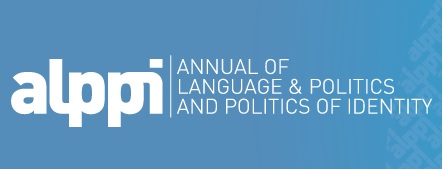Unrecognized States and National Identity
Unrecognized States and National Identity
Author(s): Mikulas FabrySubject(s): Political Theory, Political Sciences, International relations/trade, Politics and Identity, Identity of Collectives
Published by: Univerzita Karlova v Praze, Fakulta sociálních věd
Keywords: unrecognized states; national identity; social recognition; legal recognition; collective identity;
Summary/Abstract: What is the effect of being an unrecognized state on the national identity of its population? And how does it compare to the identity effect of having been accorded state recognition? This paper argues that contrary to sociopsychological theories that make identity dependent on outside recognition, refusals of state recognition have, in general, a far stronger affirmative impact on national identity than extensions of it. Recognition may be the central external goal of claimants of statehood, but non-recognition fosters national identity to a much greater degree than recognition. While foreign recognition of statehood may fulfill a deep psychological need, it is its denial that makes a people‘s collective sense of who they are more robust. Obtaining recognition as a state may, in fact, reveal the fragility of national identity within that state.
Journal: ALPPI Annual of Language & Politics and Politics of Identity
- Issue Year: X/2016
- Issue No: 10
- Page Range: 19-30
- Page Count: 12
- Language: English

